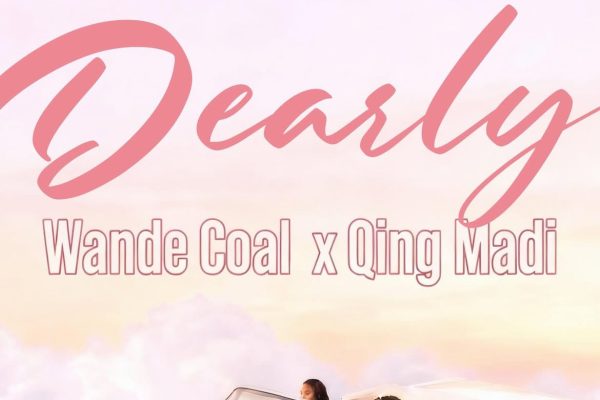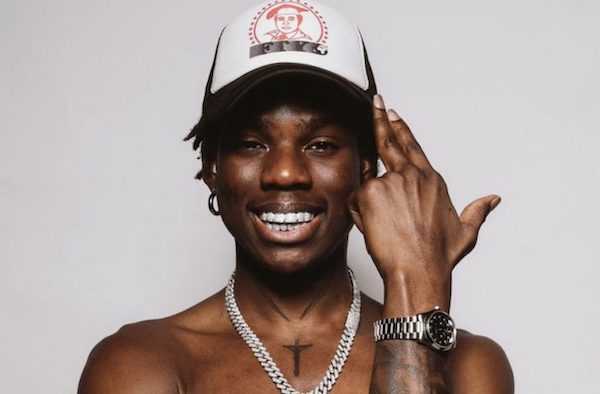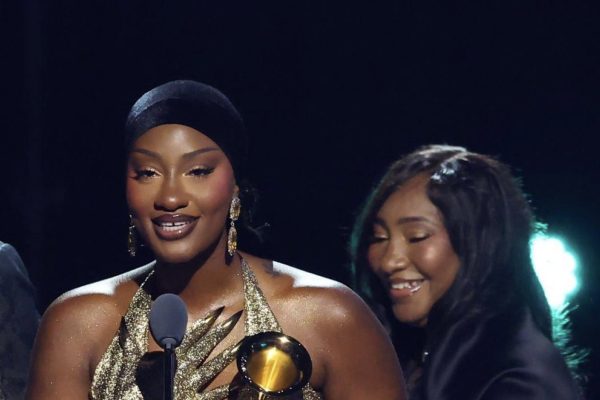by Ogbeche Ohotuowo
When a celebrity or public figure does something that majority of people find offensive, such as making sexist/racist remarks, or when there is an allegation or conviction of crimes such as rape and murder, people carry out a public backlash by cancelling the person, or their work. We now know this action as Cancel Culture, but the lines are not clear as to whether this is mob behaviour or a valid way of shaping people’s actions.
Recently, people have cancelled a number of people for various reasons: R.Kelly for being a sexual predator, Amber Heard for being an abuser, and so many other less-popular people. People have also advocated that we cancel Lana Del Rey, and Dojo Cat for allegedly racist behaviour.
For musicians, people that cancel them usually stop streaming their music, stop attending their shows, and unfollow them on social media. This is to show that ‘we no longer support you.’ Most times, the aim is not only ‘ending’ the career of the offending musician; but also to show that fans have the ultimate power and that musicians/celebrities/rich and powerful people, should also be held accountable for their actions.
The issue is, how far should we take cancel culture? For the not-so-popular people who have been on the receiving end of the cancel culture, once they ‘misbehave,’ people report them to their employers, their schools and so on. In many ways, this helps to caution people against abusing others, but how far should we take it? Is there forgiveness after punishment? Can a person show remorse and be forgiven and accepted again? Importantly, even if we ‘cancel’ a person, can we separate the musician from their art?
As I have found, there is no blanket rule to whether we can separate an artist’s personality from their art: it depends on the specific issue and it depends on you. Moyosore Orekoya said in an interview with The Republic, that he can separate the artist from their art. He explained that, with someone like R.Kelly, it is one thing to listen to his music; and it is another to listen to his music which glorifies ‘underage sex’. In addition, Moyosore states that they wouldn’t want to enrich R.Kelly (by streaming his songs, for instance) because he has committed a serious crime.
Personally, I can barely separate R. Kelly from his music, because he has been faced with numerous allegations of abuse of minors, most of which have been proved, he has been convicted by a court and the conviction upheld by a higher court, and his music is inextricably tied to his lifestyle of abusing minors. Supporting R. Kelly’s art, even if you condemn his actions, may therefore, mean that you are helping fund his estate. Think of it like this, if you stream his songs, you add to his revenue, and you could be helping pay his lawyers in formulating further defences for his actions.
But what about when the artiste is just being arrogant or extremely annoying? Does that mean we should cancel them and their songs? If you haven’t guessed it, I’m talking about Burna Boy. Many Nigerians who stan him for the longest time are expressing displeasure at his attitude to people and some of the comments he has made. In an industry that somehow thrives on likeability and public acceptance, it’s easy to see how if the people don’t like you, they may not want to support your music, even if they do like your music. So, many people have decided not to ‘cancel’ Burna Boy, but to separate him from his songs.
But how long can this social media culture of cancelling thrive? In many cases, especially for successful celebrities, cancel culture does little or nothing in affecting their success. They still go ahead to have increased streaming of their music, they still get hired to act, they still sell out live shows, their fellow celebrities still hang out with them and support them.
Like almost everything on social media, people are quick to jump on the bandwagon of trends. We’re cancelling Lana Del Rey? Great! Doja Cat, too? Awesome! There’s hardly any room for: Do I find what these people have done wrong? Does my listening to their music show that I support their political and not-so-popular views?
In a way, the cancel culture helps to provide accountability for people in a system where almost anyone with money and power can get away with almost anything. I think it is our generation’s way of saying: we have power too, as a people. And this absolutely valid and should be used appropriately. But who is to determine what is appropriate and to what extent?
Ultimately, there are issues that we should have zero tolerance for such as rape or sexual violence/abuse, racism, homophobia, religious bigotry and intolerance, and so on. For these, we must stand together as a people to show solidarity for victims and help to hold the offenders accountable, whoever they may be.
In the same way, we should remember to give people the opportunity to grow, especially if it does not relate to criminal acts. Like everyone else, musicians are human beings who are fully capable of mistakes, and who are fully capable of correcting those mistakes. With cancel culture as it is, there is almost no forgiveness, even after years have passed.
When we cancel people, we should remember that we also progressed from a period of ignorance to one of knowledge: somethings we advocate for today, we condemned yesterday. We should allow reasonable opportunity for our musicians and celebrities to grow and unlearn, just as we do for ourselves.













